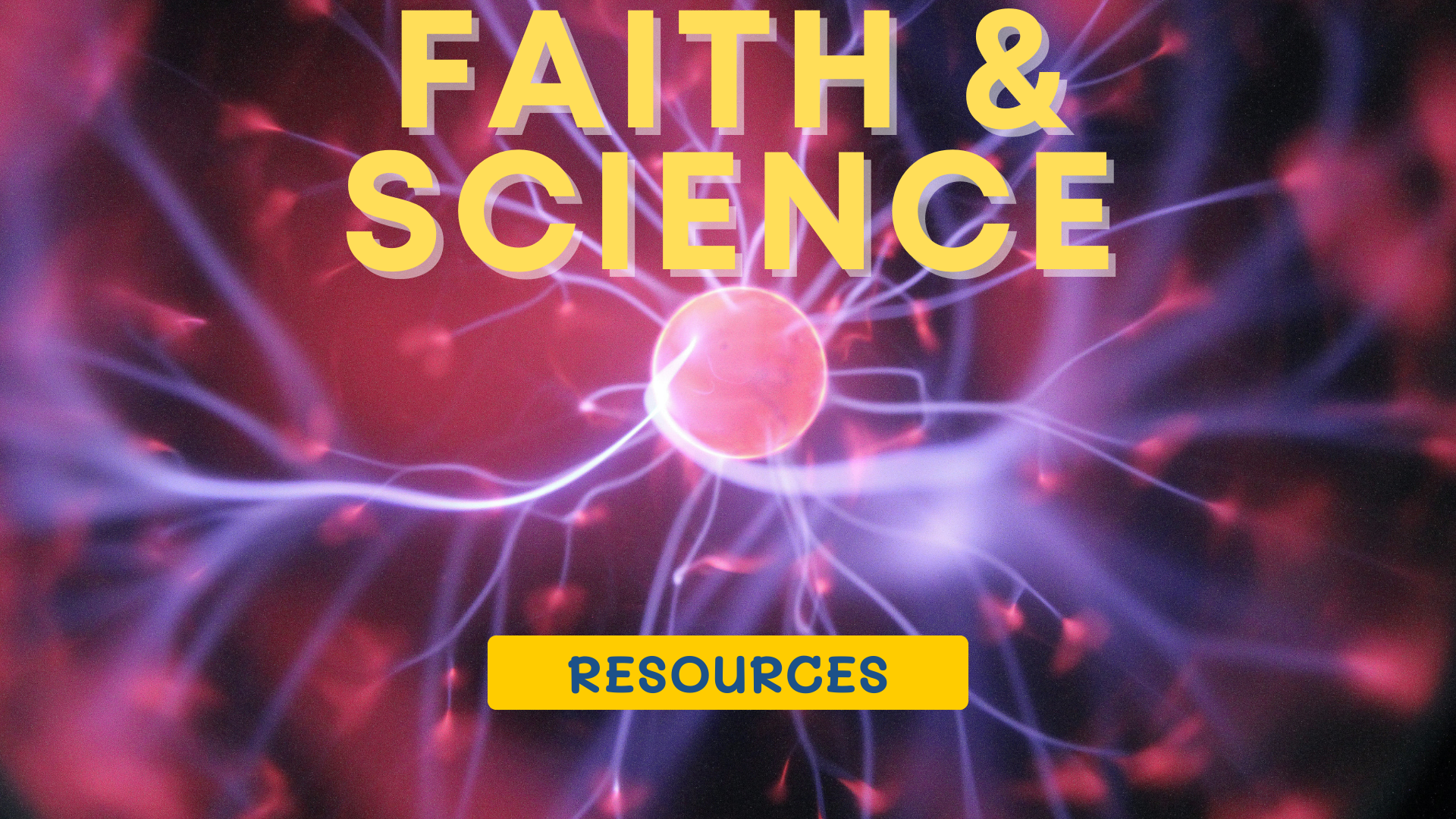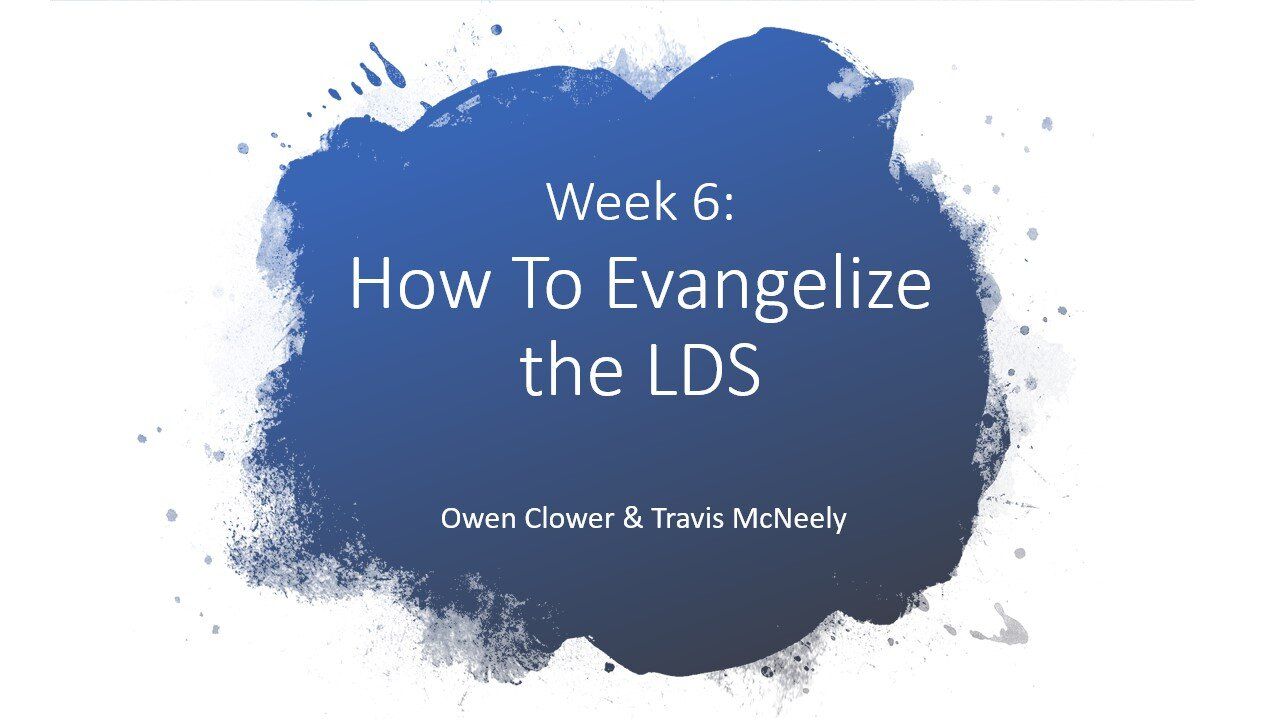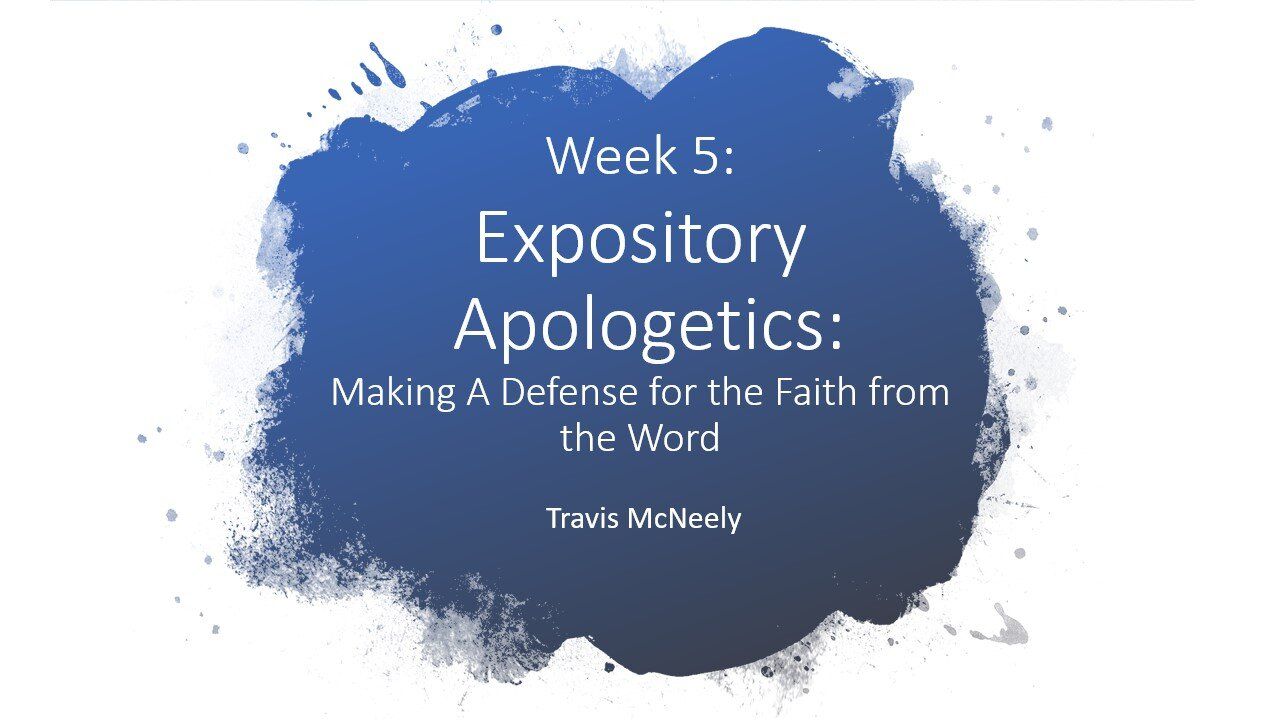Stephen Hawking Dead at 76. A Twofold Tragedy.

Stephen Hawking died Wednesday as reported by the Huffington Post, "after complications due to amyotrophic lateral sclerosis, a progressive neurodegenerative disease." As a world-renowned astrophysicist and atheist, Hawking has had a tremendous influence extending from the scientific community among many secularists. He has been so influential that even Hollywood made a movie about him. He is looked to as an authority for the scientific community--dare I say it--a pope of sorts.When it came to matters of science he had authority to speak in this realm and did so with wide and nearly unanimous support from the scientific community. He will be greatly missed by this community, because of their view of his brilliant mind.As a Christian reflecting briefly on the death of such an influential figure. There is no doubt in my mind that he is an incredible scientist worthy of any accolades that have specifically to do with science itself (and not with philosophy or theology). I do not rejoice in the death of someone whose worldview is opposed to my own. As the Lord declares:
Have I any pleasure in the death of the wicked, declares the Lord GOD, and not rather that he should turn from his way and live? (Ezekiel 18:23)
To rejoice would be both a sick and anti-Christian thing to do. This man suffered much from a disease and his family is grieving the loss of his life. Although it is very unlikely that a grieving family member of Hawking would come across this blog on the world wide web, I hope to note that this is indeed a tragedy on two levels.Hawking at his 70th birthday celebration said as motivation to others from his life of suffering:
"Remember to look up at the stars and not down at your feet,” he said. “Try to make sense of what you see and about what makes the universe exist. Be curious. And however difficult life may seem, there is always something you can do, and succeed at. It matters that you don’t just give up.”
While all of this was intended to be motivating to those listening, my underlying question to his statement is: Why ?
Why should I be curious, if life is mere accident and struggle for survival?
Why should I look at the Stars? Who or What from above could give me meaning?
Why should I go on, if there is no purpose to life?
If it matters that [I] don't just give up , then what is that underlying reason that makes it ALL matter, that makes it ALL worth not giving up!?In the Huffington Post article the author closes with these two paragraphs.
In 2011, Hawking appeared on the Discovery Channel TV series “Curiosity,” in which he reflected on the origins of the universe and rejected the likelihood of both a God and an afterlife. (He once dismissed the latter as “a fairy story for people afraid of the dark.”) Only in confronting the finite nature of death, he said, do we appreciate the remarkable beauty of life in the present.
“There is probably no heaven, and no afterlife either,” Hawking said. “We have this one life to appreciate the grand design of the universe, and for that, I am extremely grateful.”
Although I know Hawking has given reasons to why he has chosen to use the phrase "grand design of the universe" and does not attribute God as the Designer, one must ask that which is implied by the term design--"Who is the Grand Designer?" Why should we appreciate or be grateful when their is no object to which we can direct that thanks.You, the reader, may notice the word appreciate in bold above--the emphasis is my own. How can "the remarkable beauty of life in the present" be appreciated when the object is void of purpose from the atheistic worldview? G. K. Chesterton stated it well when he said, “The worst moment for an atheist is when he is really thankful and has no one to thank.”
Does he thank the universe? How can he, the universe is not personal. It is space, time and matter. It didn't do anything, it just is. This worldview is devoid of so much and hear me, I'm not here to attack Hawking--I genuinely am grieved by the loss of life. Nevertheless in grace and truth I cannot avoid this opportunity to speak the truth. Life is absurd without God. If you (atheist/agnostic) disagree, let me encourage you to watch the below video and lay aside for a moment your assumptions and be willing to listen to not only one of the world's best Christian philosophers, but also your atheistic heroes of history--Bertrand Russell, Jean Paul Sartre, and others.
Hawking's death is a tragedy because of his dignity and value as a human being, it was not part of God's original design for his creation to suffer as it has. Hawking's death, like all death is a reminder to us that paradise was lost to us at the Fall. But God has spoken . He has done so in Christ. Jesus Christ, the Son of God, the firstborn from the dead (Col. 1:18), has defeated our final enemy--Death. As attested by 500+ eyewitnesses , he arose from the grave bodily and has given us hope beyond the grave by means of this victory.This hope was rejected by Hawking. One that he very well now realizes is too late to accept, which leads to the second part of this twofold tragedy: that this man has entered a Christ-less eternity. Let us mourn over this twofold tragedy, a life of suffering and an eternity of it. God never intended this to be his destination, but nonetheless, he (Hawking) chose it. He rejected God's free and gracious offer of redemption.For you unbeliever, this is an opportunity for you to examine yourself and ask: "Is a worldview that is both absurd and devoid of meaning really worth living out?" Before you scoff at my question--as someone who has thoroughly sought answers in these matters, let me plead with you: Seek the Lord and you will not be disappointed. Seek the Lord and be diligent in doing so and He will reveal Himself to you. The cumulative evidence is so incredibly strong that the plausibility and reasonableness of God's existence is worth your consideration. I beg you to do so. Before it is too late.
Christianity, if false, is of no importance , and if true, of infinite importance. The only thing it cannot be is moderately important . - C. S. Lewis
Want To Book Me for Your Event or Conference?
Fill out the form below and we'll be in touch!
Book Travis McNeely
We will get back to you as soon as possible
Please try again later
More posts like this...




